
Biomarker data from CodeBreaK 300 suggest DNA and RTK pathway alterations may underlie resistance to sotorasib plus panitumumab in CRC.

Biomarker data from CodeBreaK 300 suggest DNA and RTK pathway alterations may underlie resistance to sotorasib plus panitumumab in CRC.

The FDA has approved tafasitamab in combination with lenalidomide and rituximab for adults with relapsed/refractory follicular lymphoma.

According to Kimberly Podsada, BSN, RN, MSN, NP-C, CNS, the availability of 3 CDK4/6 inhibitors in first-line mBC therapy gives patients more choices.
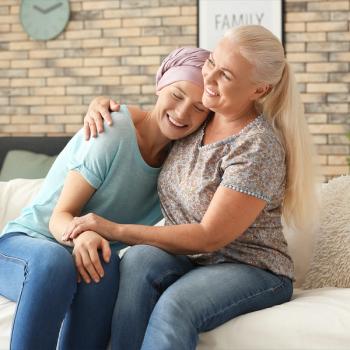
Ask patients, "Who's in your corner?"

Oncology nurses can help patients and families understand the expectations of pediatric brain cancer survival, says Kasey Rangan, MSN, CPNP-PC, CPHON.

Because oncology nurses are at the forefront of patient care, they are uniquely positioned to facilitate cancer survivorship and lymphedema prevention.

Oncology nurses can play a key role in educating patients and supporting clinical trial participation for this new treatment option.

In addition to a significant PFS benefit vs nab-paclitaxel alone, the combination provides an at-home option for patients with ovarian cancer.
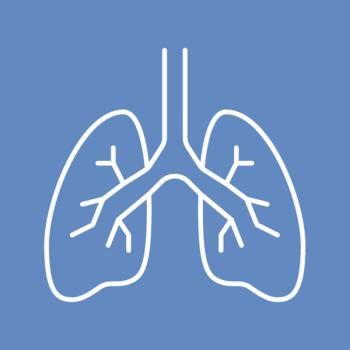
Nivolumab plus chemotherapy significantly improved OS vs chemo alone in resectable NSCLC, per updated CheckMate-816 findings.

Oncology nurses are paramount to the treatment success of patients, especially through their work on clinical trials.

Relacorilant plus nab-paclitaxel improved PFS and showed a trend toward longer OS in platinum-resistant ovarian cancer in ROSELLA.

Advanced practice providers have the opportunity to instill hope in patients through education and personalized care.

The FDA approved a perioperative pembrolizumab regimen in head and neck squamous cell carcinoma, marking the first approval in this cancer type in 6 years.
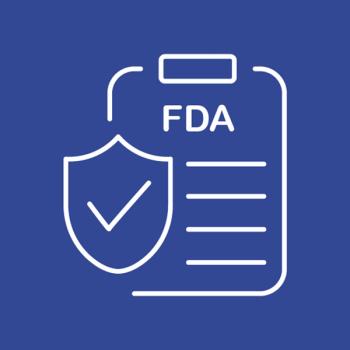
An oral tablet formulation of zanubrutinib was approved for use in patients with certain lymphomas or leukemia and Waldenström macroglobulinemia.

UGN-102 has received FDA approval for use in patients with low-grade intermediate-risk non-muscle-invasive bladder cancer.

Lasting survival benefits vs chemotherapy or monotherapy were achieved with nivolumab and ipilimumab for patients with MSI-H/ dMMR metastatic colorectal cancer.

The tyrosine kinase inhibitor taletrectinib has been approved for use in patients with ROS1-positive non-small cell lung cancer.

T-DXd led to an ORR of 59.4% vs 33.9% with chemo, regardless of biomarker status, in HR+, HER2-low metastatic breast cancer, per DESTINY-Breast06.

Education before subcutaneous daratumumab administration can both reassure patients and reduce the occurrence of adverse events, according to Stephanie Mompoint, APRN.
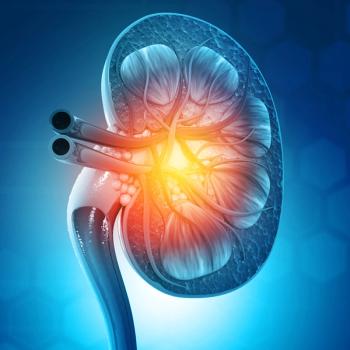
A machine learning model applied to CheckMate 9ER may help predict outcomes and resistance in advanced renal cell carcinoma.

Oncology nurses and APPs can help reduce discrimination faced by patients with cancer who are members of the LGBTQIA+ community.

Olanzapine plus an antiemetic shows potential in preventing RINV while reducing other adverse events such as depression, appetite loss, and insomnia.

Final KEYNOTE-A18 results show sustained survival benefit with pembrolizumab plus concurrent chemoradiation in locally advanced cervical cancer.
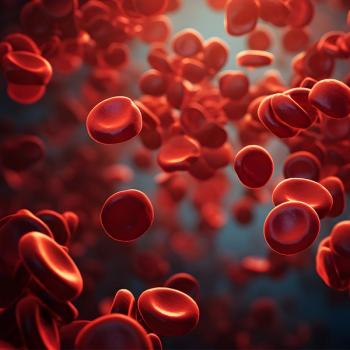
The ROR1-targeted ADC plus R-GemOx led to a 56.3% ORR in patients with relapsed or refractory diffuse large B-cell lymphoma in waveLINE-003.

The FDA approved the first oral treatments for paraganglioma, pheochromocytoma, and anal cancer in May.
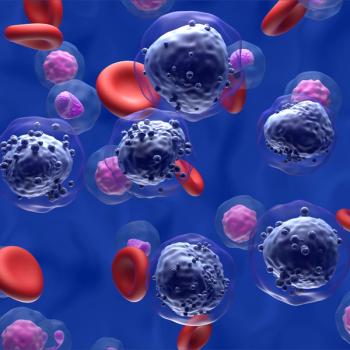
Luspatercept led to durable red blood cell transfusion independence and early OS signals in ESA-naive, lower-risk MDS, per updated COMMANDS data.
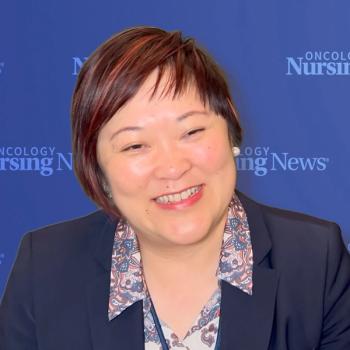
By monitoring patients’ CBC and other symptoms, nurses and advanced practice providers can spot early indicators of parkinsonism risk, per Yi Lin, MD, PhD.
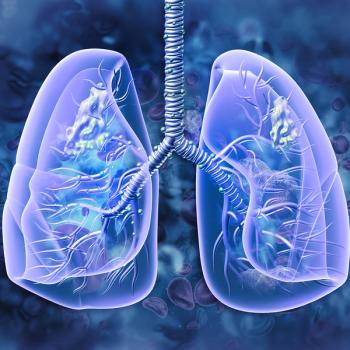
A molecular assay identified patients with non–small cell lung cancer most likely to benefit from adjuvant chemotherapy, leading to prolonged survival.
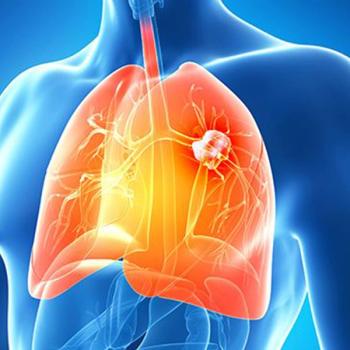
Tarlatamab prolonged both overall and progression-free survival in the treatment of small cell lung cancer, backing it as a second-line standard of care.
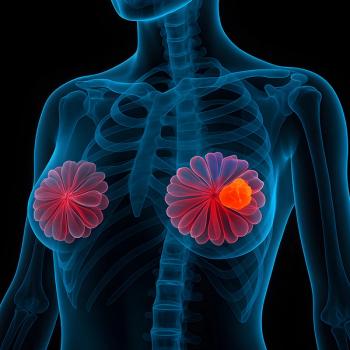
The combination of trastuzumab deruxtecan with pertuzumab shows promise as a standard of care for HER2-positive advanced breast cancer.